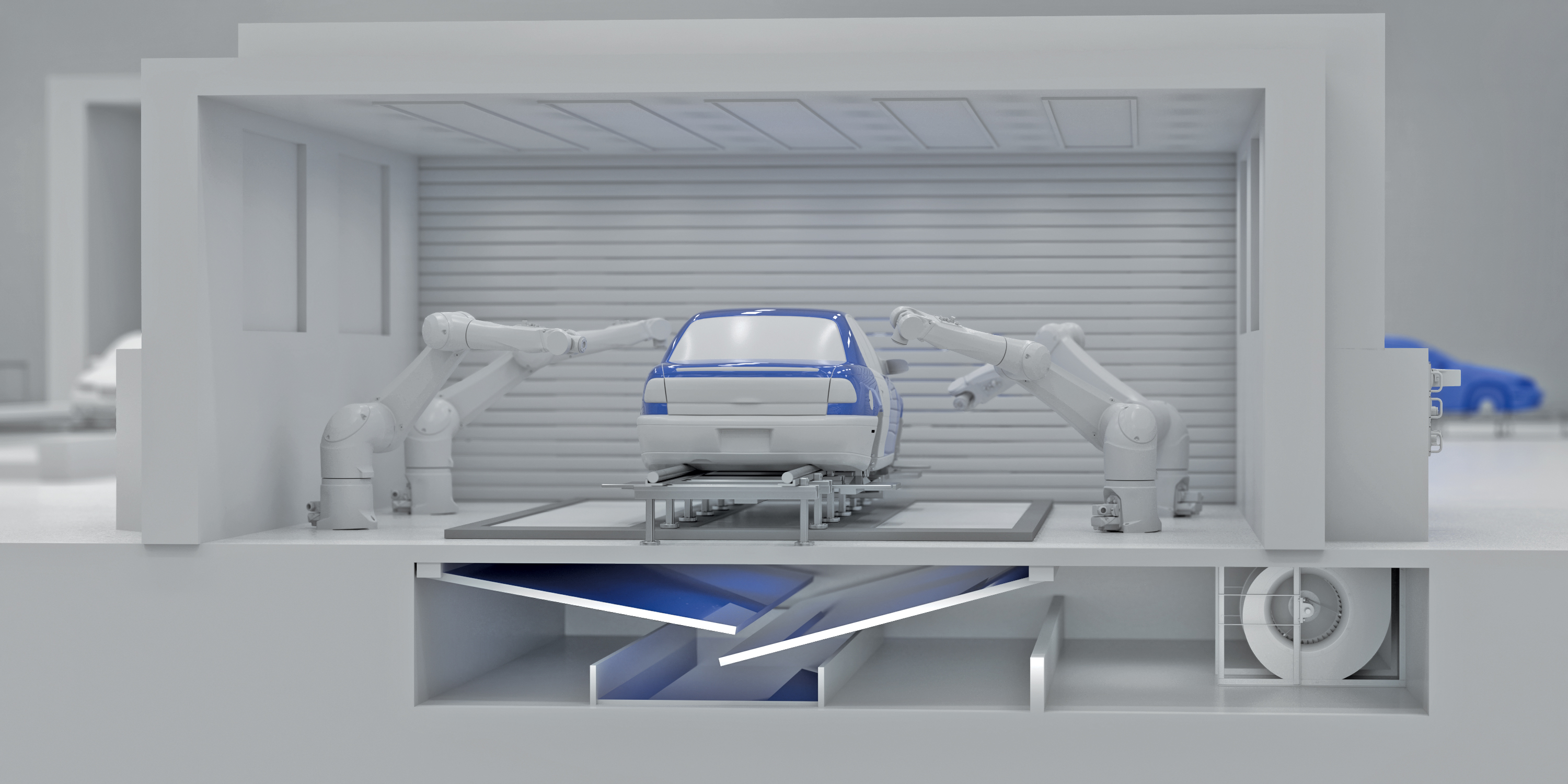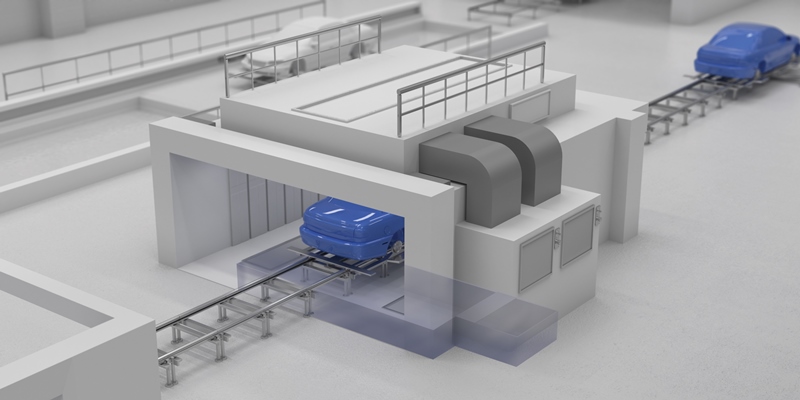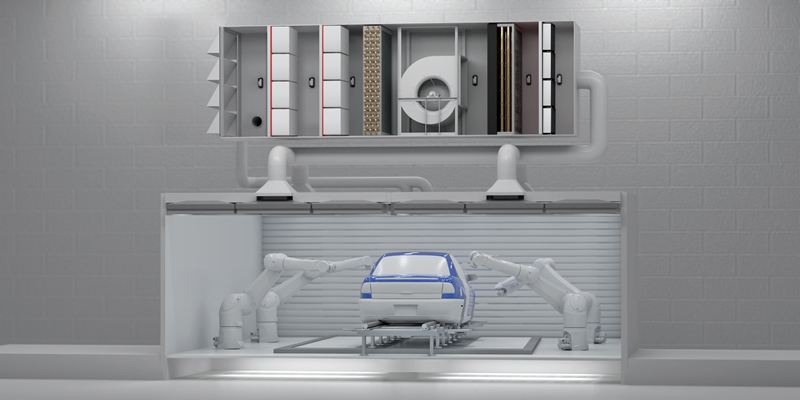Europe
Other Regions
Filtra
 FHK Polska
FHK Polska PureMedion Kft.
PureMedion Kft. Elfa spol. s r. o.
Elfa spol. s r. o. Ecotip d.o.o.
Ecotip d.o.o.Filteko

Controlling Air Quality of Paint Lines
Managing an automotive paint line is challenging. The smallest factors can have serious consequences. Air quality is critical to every step of the process in a paint shop. Contaminated air can lead to expensive rework and even shut-downs of the line. It can significantly impact the “First-time Through Rate” and the overall production schedule of a vehicle.
AAF offers complete solutions for improving the air quality in painting lines, painting booths and drying ovens, both for the system supply air and exhaust air, including the efficient handling of paint overspray.
Once contaminated air particles cause a defect on a freshly painted surface, a Loss of Control Event is reached. This is the point at which costly rework is unavoidable.
There are significant costs associated with managing risks and detecting defects. Even when the most comprehensive precautions are taken, failures occur. Actual detection efficiency rates of trained human operators range from 80% to 90%. When robots are used to fill the role of human operators, detection efficiency rates increase to approximately 96%.
Potential Causes of Defects Leading to Rework:
Required rework causes productivity to suffer:
Managing air quality for painting processes is critical to maintaining a fluid supply chain. Eliminating airborne dust contamination is essential to preventing failures which halt production, affecting both the upstream and downstream supply chain.
The first step in controlling air quality is installation of appropriate filters for all stages of the paint process. Early detection and effective management of contamination risks are key to minimizing production disturbances and reducing costs.
The paint shop is the most energy intensive step of car manufacturing. A full 75% of the total energy required for the process is used in the operation of the paint shop’s ovens and spray booths. To achieve the air quality required for optimal surface treatment results, large quantities of air are temperature treated and moved.
Paint shop operation teams need the support of a trusted on-site advisor who can perform air filtration audits, diagnostics, and continuous improvement to ensure the most optimal effective solution for cost savings and risk reduction.
We do this by providing a consultative and technical approach to understanding your complete air filtration needs, application, and business goals, to optimize your performance and lower your total cost of ownership.
Filter Elements
Housings and Equipment
Services

Filter Elements
Housings and Equipment
Services

Filter Elements
Housings and Equipment
Services
